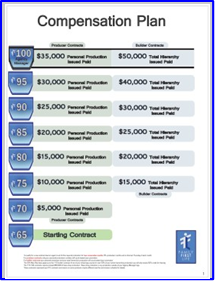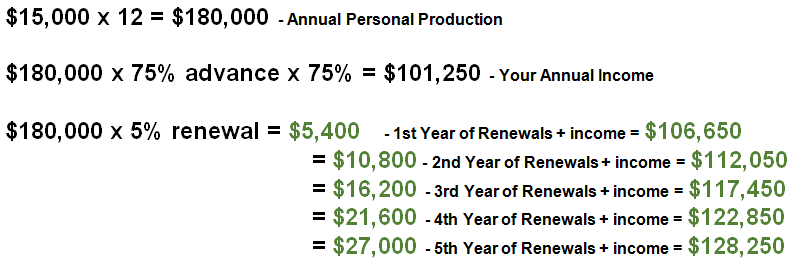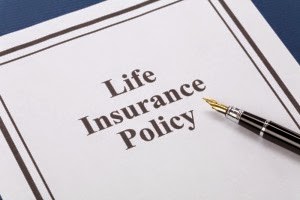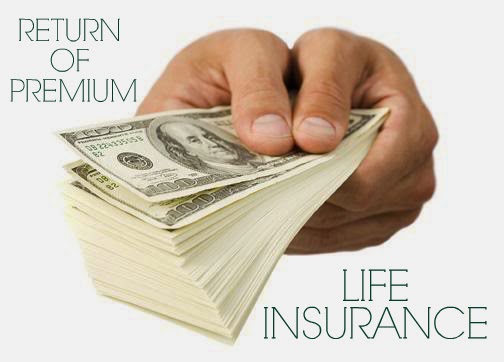 |
| Tax-Free Retirement |
Are You Taking Advantage of Tax-Free Retirement?
At the end of the day, it is not how much you make that counts - it is how much you keep! Building a million dollar or five million dollar nest egg is great, but no one knows where taxes will be in the future and how much of that nest egg you will keep. The fact of the matter is, you could end up paying up to 40% or even 50% taxes, or even more in your retirement years This could significantly decrease the long-term value of your nest-egg you've built for retirement.
Currently, the government’s only solution to the failing social security system are tax-deferred accounts, for the most part. However, these accounts have inherent issues that most people do not think about. Other than a Roth IRA, you have either a traditional IRA or a 401K plan to invest in for retirement.
Fortunately, there are strategies you can use today to enjoy more money in your retirement years. A successful tax-free retirement strategy could ensure you have more money in your retirement years. At the moment, most of us are relying on traditional retirement plans like an IRA or a 401(k), but these plans have their limitations and also have inherent risks that most people don’t consider.
Risks
There are two major risks that are usually not talked about when using tax-deferred accounts for retirement. The first being market risk. This becomes more of a problem the older you get. It comes down to how much you can afford to lose in the market. How many years can your retirement handle a year like 2008? How many years would your retirement be postponed with 38%+ losses. If you are in the beginning of your career and you are young, you may have time to make up these losses when they occur. This is not the same for a person at or close to retirement.
The second major risk is tax risk. With the state of social security, our national debt on the rise and health care, the chances of taxes rising significantly is a real threat. Because you put money into a traditional IRA or 401(k) plan, on a tax-deferred basis, not only is your original investment is taxable, but the entire growth of the account as well. If your money has grown significantly, this could mean a huge tax bill due to Uncle Sam. Some experts think future tax rates could be as much as 50% to 60% or even more.
During your retirement years have fewer tax deductions to lower your tax liability. If your home is paid off, you will no longer have the mortgage interest deduction. Also, chances are your children will be older and you will no longer get that deduction well.
RMD's
Another issue with the current retirement vehicles is your RMD’s (Required Minimum Distributions) that will start at age of 70-1/2. You will be required to take a required minimum distribution from your taxable retirement accounts. You must take that RMD, and pay taxes your money which now affects the compounding interest on your money. Your RMD's must be taken whether you need the money or not. There is a significant tax penalty if you fail to take the money out of your account, so there is really no choice. This is not the case with a tax-free retirement vehicle.
Forms of Money
There are various forms of money that are available to you. It's important that you understand each. Most people will always take the free money, which is what you should do, but they then immediately skip over the tax-free money and will immediately go to the tax-deferred money. To understand the each of the forms of money, let’s take a look at the options below:
- Free Money
- 401(k) match from your company
- Inheritances
- Tax-Free Money
- Roth IRA (tax-free withdrawals)
- High cash value life insurance
- Tax-Deferred Money
- 401(k)
- Traditional IRA
- TSP
- SEP-IRA
- Retirement accounts
- Taxable Money
- Wages
- Capital gains
- 1099 interest
If you have an opportunity to take free-money, you should, but the next best option, tax-free money is always overlooked, by most.
Government
It is no secret that the government is deep in debt. In order to to cure that debt, they have the ability to increase taxes to be able to generate income from the 16+ trillion dollars that is currently in retirement plans. If you want to enjoy a financially successful and stress-free retirement, you need to start planning now - not just for wealth accumulation, but adding a tax-free option to your retirement strategy as well.
Indexed Universal Life
What many savers do not know is that the IRS already provides a vehicle to individuals to accumulate wealth on a tax-free basis. This strategy has been used by the wealthy, our banks and our largest corporations in America for a very long time.
These IRS tax codes for tax-free retirement withdrawals take a number of forms, including:
- Internal Revenue Code IRC 7702 -- accessing money tax-free through a life insurance policy.
- Internal Revenue Code IRC 101 -- how a life insurance death benefit passes tax-free.
- Internal Revenue Code IRC 72e - how money accumulates in High Cash Value Life Insurance tax-free.
Two Tax-Free Options
When it comes to tax-free retirement, there are really only two choices. Let's see how they both stack up:
- The Roth IRA
- There are strict limits on how much you can contribute
- The money grows tax-free
- Money is withdrawn tax-free
- The account is subject to market losses
- The money cannot be withdrawn until age 59-1/2
- Income limitations on who can contribute
- High Cash Value Life Insurance - Indexed Universal Life (IUL)
- Unlimited contributions
- The money grows tax-free
- The funds do not affect Social Security
- The money is withdrawn tax-free
- Provides a generous death benefit for your family
- There is no loss of principal even in a down market
- You can access the funds at any time
As you can see, using an Indexed Universal Life policy has a number of important benefits over a Roth IRA, including the elimination of stock market risk, freedom from future tax rate increases, the avoidance of future taxes on the money you worked so hard to earn and put away and no caps on the amount of money that can be put into the plan. In addition, using an Indexed Universal Life policy allows you to take out money whenever you need to. There is no need to wait until an arbitrary age to access the funds in your account. This is a particularly powerful advantage for men and women who hope to retire early.
When you use this strategy, you do not have to worry about withdrawals affecting your Social Security benefits. The money you take fro your Indexed Universal Life policy does not affect your Adjusted Gross Income (AGI) for Social Security purposes. This allows you to keep more of your Social Security, if it still exists when you retire.
A major benefit when using an Indexed Universal Life policy that is not available with any other retirement option is that upon your death, from day one, there will be a death benefit that is passed tax-free, probate-free to your heirs!
It’s important to understand all strategies that are available to you and if you currently have a retirement vehicle, supplementing that vehicle with an Indexed Universal Life policy, makes solid financial sense.
Contact us at Family First Life to schedule an appointment to learn more about this option that may be available to you.


















.png)


























.png)





